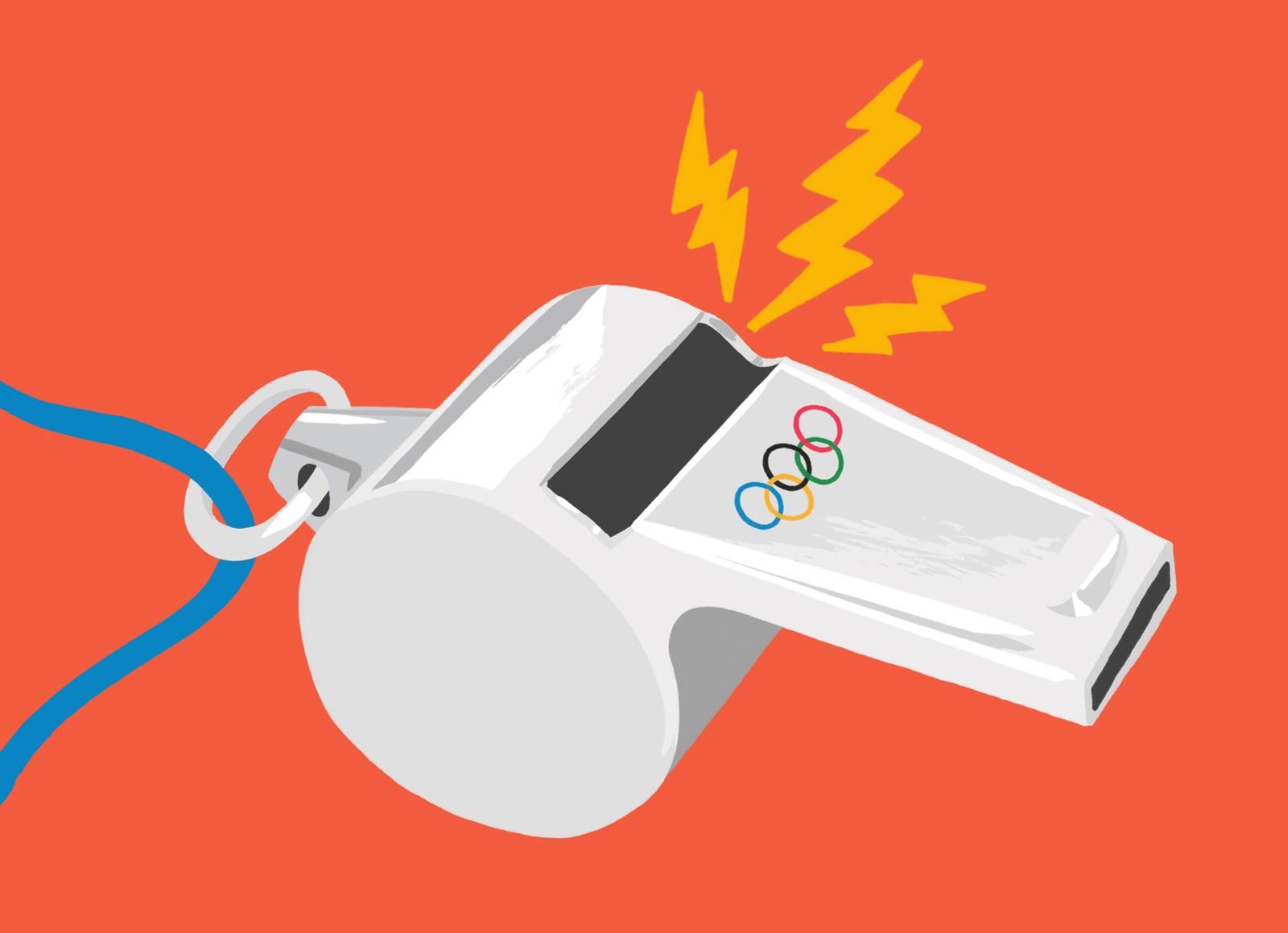The Local newsletter is your free, daily guide to life in Colorado. For locals, by locals.
If the past few months have shown us anything, it’s that politics isn’t the only realm plagued by sexual harassment and assault. Media and entertainment moguls, business leaders, and more have been accused of appalling behaviors. The world of Olympic sports hasn’t been immune, either: In January, former USA Gymnastics medical coordinator Dr. Lawrence G. Nassar was sentenced to at least 40 years in prison for sexually abusing more than 130 women. Yet the Olympic sporting industry is trying to set an example for how to address the widespread problem with the establishment of the U.S. Center for SafeSport, which opened its doors in Denver a year ago this month. It’s long overdue.
Before SafeSport, each Olympic- and Paralympic-track sport handled its own sexual assault claims, making decisions based on its own policies. Now, any athlete (or coach or referee or volunteer) in a sports league affiliated with the 49 national governing bodies that are members of the U.S. Olympic Committee—such as USA Swimming and USA Wrestling—can report a sexual assault complaint by calling SafeSport or via a form on its website. A team of seven investigators with backgrounds in law enforcement interviews the involved parties and any witnesses and determines whether the interaction violated SafeSport’s code of conduct; the group will then dismiss the matter or suggest a sanction, such as suspension from any activities associated with the U.S. Olympic Committee. So far, SafeSport has received 409 incident reports across 35 sports, and many cases have been sent to local police for further analysis.
Although investigating sexual misconduct complaints is a major focus for SafeSport, the center also provides training to prevent sexual assault and other forms of abuse, including bullying, hazing, and harassment. Since SafeSport opened, more than 160,000 coaches, officials, parents, volunteers, and other adults involved with youth sports have completed its online training course, which helps bystanders spot signs of abuse and encourages them to report misconduct. SafeSport president and CEO Shellie Pfohl, who served as the executive director of the President’s Council on Fitness, Sports, and Nutrition under the Obama administration, hopes to eventually expand this resource to all sports, not just those featured in the Olympics and Paralympics. If Senate Bill 534 becomes law, that could become a little easier.
218
Calls (as of early January) to the SafeSport Helpline, a 24/7 crisis line for sexual assault victims.
The legislation, which at press time was on the president’s desk, would secure $1 million annually (about a quarter of SafeSport’s 2018 budget) from the federal government for four years. Doing so not only would provide a steady funding stream for SafeSport’s programs but also would address criticisms that it might be challenging for SafeSport to examine abuse claims without bias because the organization still receives funding from the U.S. Olympic Committee. “Our greater mission is really education, awareness, and training for everyone,” Pfohl says, “for all athletes, for all youth sport organizations, for all coaches, for all parents, far beyond the Olympic movement. [We want] to make athlete well-being the center-piece of American sports culture.”









